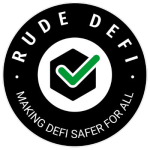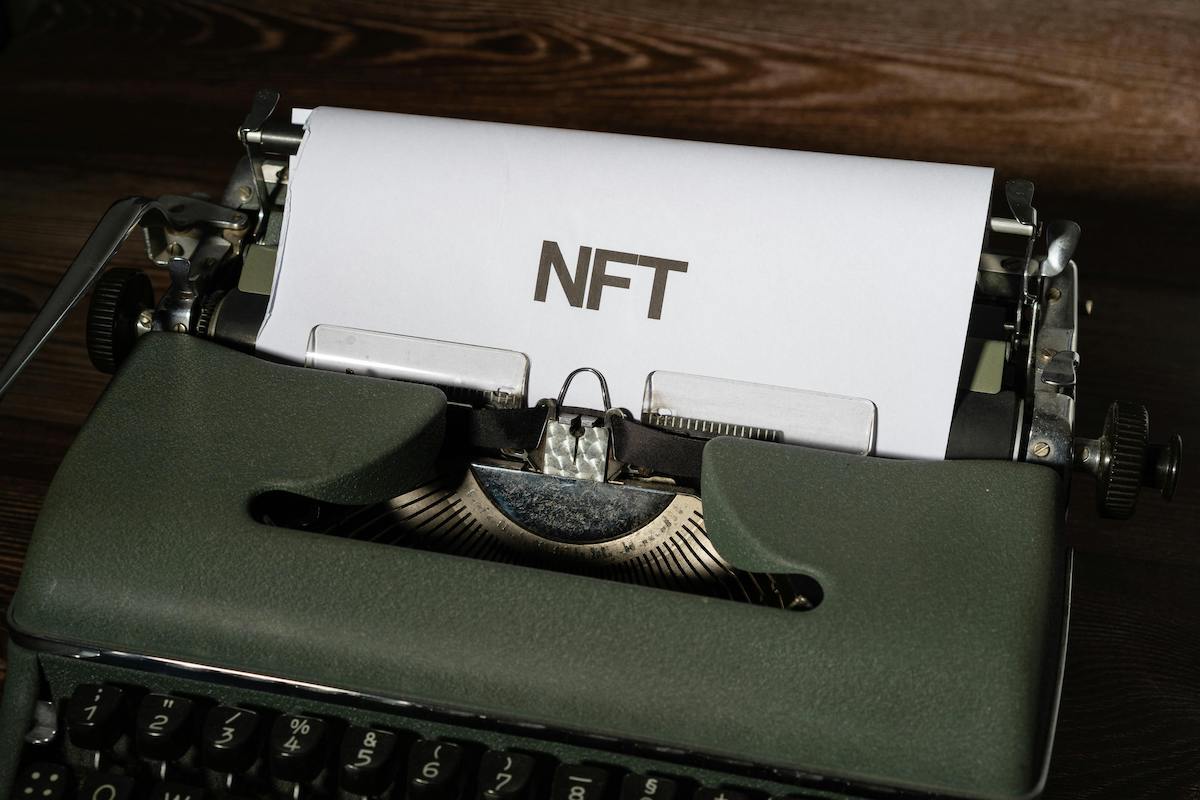Understanding DeFi and its vulnerabilities
Decentralized Finance (DeFi) has emerged as a revolutionary concept in the world of finance, offering decentralized and open-source financial services to users. However, with the rapid growth of DeFi platforms, there has also been a rise in fraudulent activities and scams targeting unsuspecting investors. In this article, we will explore the common types of DeFi scams, discuss warning signs to watch out for, provide guidance on how to report a DeFi scam effectively, and offer tips on protecting yourself from falling victim to such fraudulent schemes. Understanding the risks associated with DeFi scams is crucial for safeguarding your investments and ensuring a safe and secure DeFi experience.
Common types of DeFi scams
Scammers are a creative bunch when it comes to parting you from your hard-earned crypto. Here are some classic moves to watch out for:
Ponzi schemes
Like a bad rerun of a B-movie, Ponzi schemes promise huge returns by paying early investors with the capital of new investors. Spoiler alert: it always ends in tears.
Rug pulls
In the world of DeFi, a rug pull is not a fashion faux pas but a scam where developers abandon a project, taking all the invested funds with them. It’s like the ultimate disappearing act, but without the applause.
Phishing attacks
Phishers are not just after your email password; they want your crypto too. Beware of fake websites and messages trying to trick you into giving up your private keys or seed phrases. They’re like the shady characters in a classic whodunit.
Warning signs and red flags
To avoid falling into the trap of DeFi scams, keep an eye out for these warning signs:
Unrealistic promises of high returns
If it sounds too good to be true, it usually is. Beware of projects guaranteeing sky-high returns with little to no risk. Remember, Rome wasn’t built in a day, and neither are legitimate investments.
Lack of transparency in project details
If the project’s whitepaper reads like a mystery novel with missing chapters, proceed with caution. Legitimate projects should be transparent about their goals, team members, and roadmap.
Pressure to invest quickly
Scammers love to create a sense of urgency to pressure you into investing before you’ve had a chance to do your due diligence. Take your time, ask questions, and trust your instincts.
How to report a DeFi scam
If you’ve fallen victim to a DeFi scam or suspect fraudulent activity, here’s what you can do:
Documenting evidence
Gather all relevant information, including transaction details, communications, and any other evidence that can help in the investigation.
Reporting to relevant platforms
Report the scam to the platform where it occurred, such as the decentralized exchange or lending platform. They may be able to take action or provide guidance on next steps.
Seeking legal guidance
If you’ve suffered significant financial losses or believe you’ve been a victim of fraud, consider seeking legal advice to explore your options for recourse. Remember, the law is on your side against scammers.
Stay vigilant, fellow crypto enthusiasts, and may your investments be as solid as a blockchain!
Reporting fraud to the appropriate authorities
Contacting law enforcement agencies
If you suspect you’ve fallen victim to a DeFi scam, don’t hesitate to reach out to law enforcement agencies. They have the expertise to investigate and potentially recover your funds.
Filing complaints with financial regulators
Financial regulators play a crucial role in overseeing the financial industry. By filing complaints with them, you can help prevent others from falling prey to similar scams and hold perpetrators accountable.
Protecting yourself from DeFi scams
Conducting thorough research before investing
Before investing in any DeFi project, do your homework. Check the project’s legitimacy, team members’ backgrounds, and community feedback to make an informed decision.
Using secure wallets and platforms
Protect your assets by using secure wallets and platforms. Research and choose reputable platforms with strong security measures to safeguard your investments.
Being cautious of unsolicited offers
Beware of unsolicited offers promising high returns with little risk. If it sounds too good to be true, it probably is. Always verify the credibility of any investment opportunity before committing your funds.
Case studies of successful reporting
Real-life examples of reporting and recovery
Learn from real-life examples of individuals who reported DeFi scams and successfully recovered their funds. Understanding their experiences can help you navigate similar situations effectively.
Conclusion and key takeaways
Reporting a DeFi scam is essential not only for your own recovery but also for protecting others in the community. Stay vigilant, conduct thorough research, and report any suspicious activities to the relevant authorities promptly. By taking proactive steps, you can help combat fraud in the DeFi space and safeguard your investments.
As the DeFi ecosystem continues to evolve, it is essential for users to stay vigilant and informed about potential scams that may threaten their financial security. By recognizing the warning signs, knowing how to report fraudulent activities, and taking proactive steps to protect your investments, you can navigate the DeFi landscape with greater confidence and security. Remember that staying educated and cautious is key to safeguarding your assets in the dynamic world of decentralized finance.





